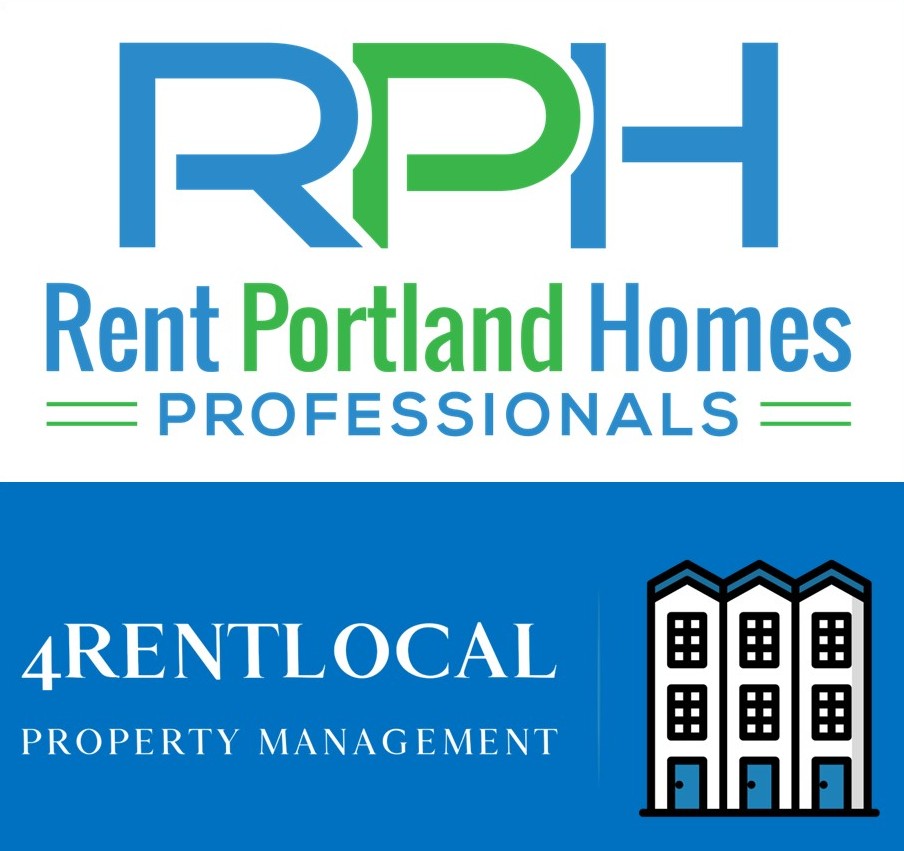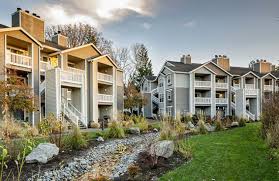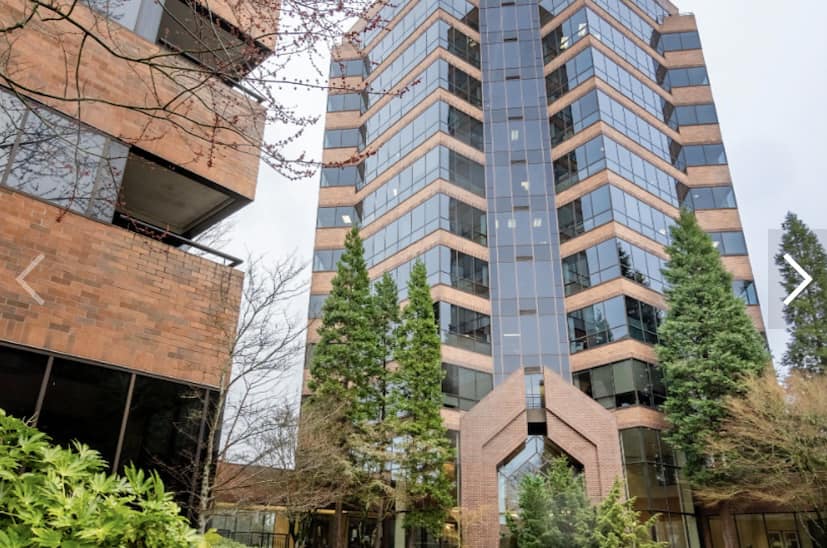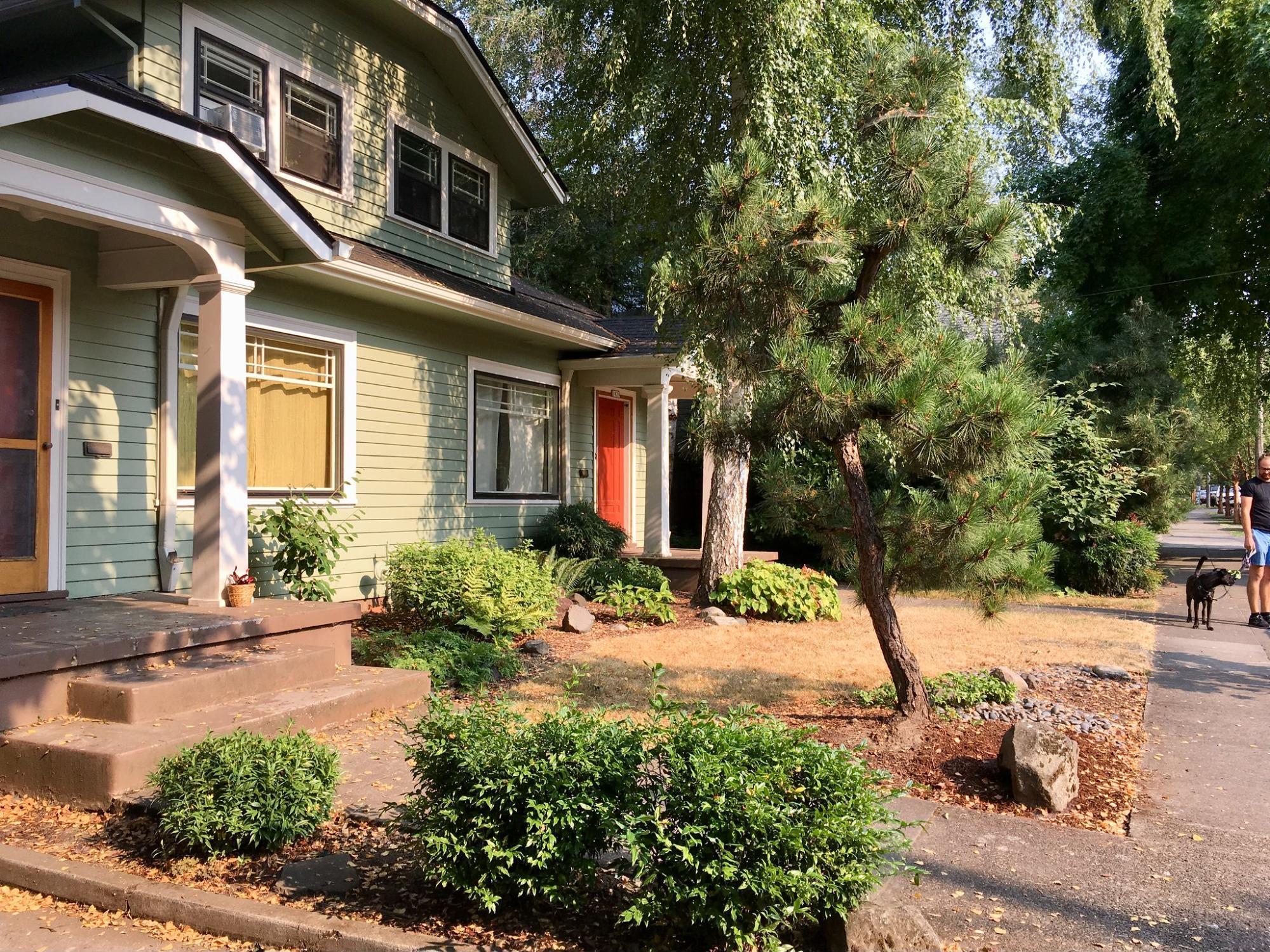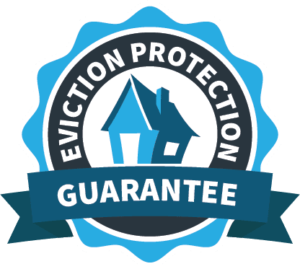What to do if a tenant doesn’t move out in time?
Tenant move-outs are a way of life for every landlord but what happens if a tenant doesn’t move out in time?
In this article, we will answer this question and offer you several tips on how to handle tenant move-outs when a tenant hasn’t moved out within 30 days.
What To Do If A Tenant Doesn’t Move Out On Time
It is incredibly frustrating when a tenant doesn’t move out in time. But to avoid these situations, it’s a good idea to find out why the tenant hasn’t left. Sometimes, the tenant doesn’t move because they need help finding a new place. Or they could be challenging an eviction notice.
Apart from the most delinquent tenant, it is usually possible to avoid situations where a tenant stays after the lease expires. Avoiding having holdover tenants in a rental unit can ensure you get regular rental income and avoid the cost and time of eviction hearings.
Here are a few reasons tenants don’t move out on time and what you can do about it.
Lack of clear communication with tenants
A common reason tenants don’t move out on time is a need for clarity in the rental agreement. The agreement should have a lease renewal clause stipulating what happens after a lease ends. Therefore, the rental agreement clarifies your expectations and what the tenant must do.
For example, the tenancy could become a month-to-month tenancy after the lease expiration date. Or you could state that the tenant must vacate the premises if they don’t renew the lease.
It’s also good to send advance notice that a lease renewal letter is approaching. This gives the tenant time to think about how they should act. And they have plenty of time to look for a new place if they plan on vacating the apartment.
Renew the lease early
You can often avoid holdover tenants by renewing leases early and giving them adequate notice. For example, although a 30 or 60-day notice is common, you could have a 90-day notice clause. This gives the tenant time to look for a new apartment during the current rental period.
However, always check with local and state rental laws about what constitutes proper notice.
The tenant ignores the lease expiration date
Some tenants chance their luck and hope to move to a monthly tenancy after the fixed-term lease ends. Even with months of notice, they may decide they love your unit so much they remain after the lease expires. But how long can they stay after the lease expiration date?
You have two options. First, you could let them become holdover tenants on a month-to-month lease. This may be possible if they are responsible tenants. However, your ultimate aim should be to renew a formal lease.
The second option is eviction. After the lease expires, you should send a notice to quit. Then file an eviction order at the local court and stop accepting rent payments.
The tenant disagrees with the eviction notice
The worst-case scenario is when a holdover tenant ignores the notice of eviction. They may have appealed the decision and refused to vacate the premises. In the first case, you must wait on the court ruling. However, if they don’t leave after a final decision, you can call the local sheriff and forcefully remove them.
How to Remove a Holdover Tenant
Removing a holdover tenant is a challenging process. But it must be done if they don’t move out on time after their lease has expired. Depending on the reasons for holding over after the lease expiry, you have several options, ranging from a friendly chat to a complete eviction.

Ask them to leave
Communication is always the first step when resolving issues with problematic tenants. Explain the lease terms, the notice you gave them, and any other relevant facts. Because staying after the lease expiry date is a violation, you can start eviction proceedings.
Most tenants realize an eviction is a black mark on their rental history, making it harder to find a new apartment. Additionally, seeking debt collection for unpaid rent could remain on their credit report for seven years and hit their credit score.
Depending on the tenant, you could ask them to leave within a few days. Or you could offer a tenancy at will for one month while they organize their affairs.
Cash for keys
You can offer a tenant “cash for keys” to leave if they don’t move out on time. This involves proposing to give them a cash sum if they turn over the keys on a specific date. The cash incentive could get the tenant out fast, avoiding a lengthy and costly eviction process.
How can you get a holdover tenant out with a “cash for keys” offer? Here are a few tips:
- Start with a lowball offer of around 10% of the monthly rent
- Arrange a date they will move their belongings out
- On the arranged date, inspect the property and ask them to resolve any property damage or cleanliness issues
- When you are satisfied everything is in order, get them to sign a document relinquishing their tenancy
- Hand over the cash
- Change the locks immediately
Remember, even with a cash-for-keys resolution, and you must still return the security deposit in line with state laws. For example, if necessary, you can deduct unpaid rent or the cost to repair property damage.
While this resolution is unfair to you, it can help resolve problems with bad tenants fast.
Evict the tenant
Eviction is the last resort when a tenant doesn’t leave the property on time. Unfortunately, evicting a delinquent tenant is the only legal way to remove them forcibly from the rental unit. In some states, you can file for eviction immediately without the specific notice to quit period.
However, it is crucial to refuse attempts by the tenant to make rental payments after the lease expiry date. This removes the tenant’s right to benefit from a tenancy at will or other holdover tenancies.
Unfortunately, the entire eviction process is long and drawn out. But if you have all paperwork in order, you can soon see the back of your bad-apple tenant.

Things you cannot do if a tenant doesn’t move out on time
When a tenant refuses to move out on time, you must ensure you are not guilty of illegal eviction. Here are some things to remember that you cannot do while waiting for a holdover tenant to leave the unit:
- Harass, threaten, or use force to get the tenant to leave
- Change the locks without their consent
- Refuse to make necessary repairs to keep the property inhabitable
- Arrange a self-help eviction
- Shuf off utilities
- Increase rent as a retaliatory measure for not renewing a lease in time
- Enter the property and remove their personal belongings
What if they are paying rent?
Getting a tenant with an at-will tenancy out of your property may be necessary. However, as long as they pay rent, the lease is active. Therefore, you must determine state laws about evicting holdover tenants paying rent.
In some cases, you cannot evict without cause. In that case, you must wait until the informal lease expires, or they get behind on rent.
What if they aren’t paying rent?
Not paying rent is a lease violation and gives you a reason to file for an eviction hearing. If you want them out of the property, start eviction proceedings. First, however, you must give the delinquent tenant proper notice. Again, state laws regulate the appropriate notice you must serve.
What if their lease has expired?
Determining how to act with a holdover tenant depends on individual circumstances. For example, you could continue to accept rent and then get them to sign a new lease. However, if they refuse to go and won’t pay rent, then you must evict them.
Remember — consult with the rental agreement and state laws before evicting a tenant after the lease expires.
What if there is no lease agreement?
A tenant without a lease agreement is considered a “tenancy at will.” In this case, you can terminate the informal tenancy at any time. Unfortunately, this doesn’t mean removing the delinquent tenant from the rental unit will be easy. According to state laws, you may have to serve a 30-day notice. However, some states require a 7-day or even no notice.
Dealing with a tenant who doesn’t move out in time can be frustrating. But, in most cases, clear communication and a well-written rental agreement can stop holdover tenants from becoming an expensive and time-consuming issue to resolve.
However, whether the tenant pays rent, you must always follow state laws. Therefore, seek legal advice and follow proper procedures to avoid potential legal issues with a holdover tenant.

At 4 Rent Local, we specialize in local property management for the Portland Metro Area.
Our team saves owners the time, money and hassle of managing their rental properties themselves.
Some of the services we can offer you include: tenant move outs, accounting, rent collection, maintenance, customer service and more!
To learn more about the services we can offer you, contact us today by calling (503) 447-7788 or click here to connect with us online.


